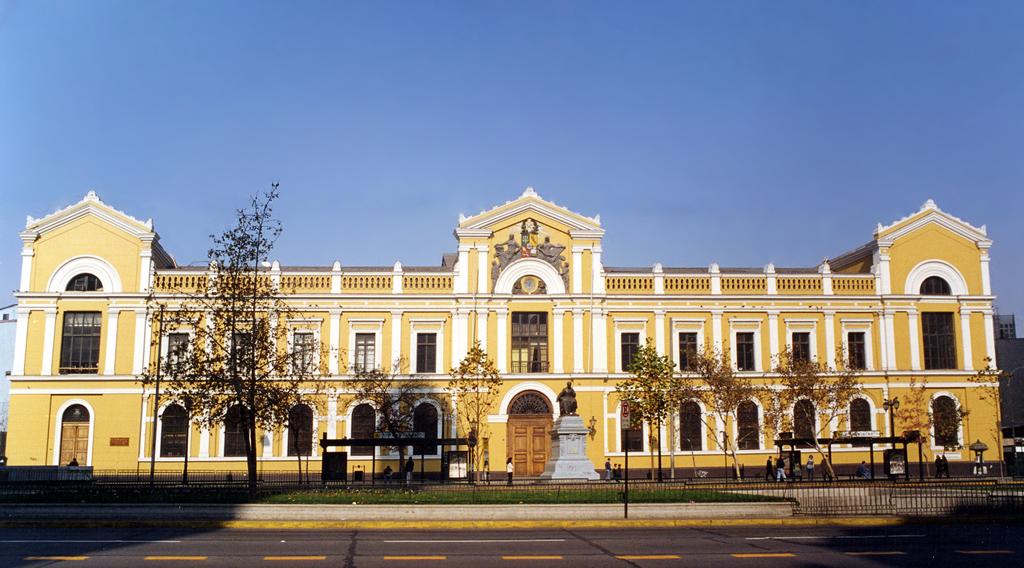The term “international business” might suggest passports filled with entry stamps and hundreds of hours spent at 35,000 feet — but most of the time, international collaboration means early morning Zoom calls and lots of strategic listening.
International Business students at the Terry College of Business got a crash course in the work of keeping international trade in motion during this semester’s Collaborative Online International Learning (COIL) challenge.
The program builds international online teams of students from Terry and the Universidad de Chile in Santiago to analyze a foreign direct investment deal or possible mergers.
Over four weeks in the fall of 2024, the teams analyzed business cases as if they were representatives of their hypothetical companies.
“I thought this experience was unique and something I hadn’t seen in any other class,” said Carson Hall, who graduated this month with degrees in management information systems and accounting and soon begins on her master’s in accountancy degree.
“It was interesting to see how international students approach research and assignments. This experience was a great way to see what the real world has in store for us when we graduate and end up in careers where learning to communicate across borders is key to being successful.”
Terry’s International Business faculty began offering COIL program to give students a global experience that would replace study abroad trips during the height of the COVID-19 pandemic.
But it turns out collaborating across multiple time zones with people from different cultural and language backgrounds is a valuable experience, said Tim Samples, associate professor of legal studies who served as the COIL instructor this year.
“One of the things students get out of the COIL program is a real taste of what it’s like to collaborate across borders,” Samples said. “That’s hard to explain in a lecture; it’s hard to read about in a book. It’s something you need to roll up your sleeves and do yourself a little bit before you understand the rewards and the challenges inherent in working across cultures and different systems.”
Like Hall, other students participating in this year’s COIL program said the initial challenges the groups had to overcome were scheduling and communications.
Santiago is two hours ahead of Athens, and students in Chile do most of their messaging on WhatsApp — a messaging platform not as popular in the United States.
Even after hammering out the logistics, teams have to complete a project appealing to two professors in two different cultural environments, Samples said.
“It’s a realistic simulation in the sense that you have a counterpart with a different ‘boss,’” he said. “I used to work in international deals all the time, and my counterparts would sometimes care about different things. We had to work around the differences in our priorities, the differences in our criteria and our perspectives to row in the same direction. And that happens in these projects.”

